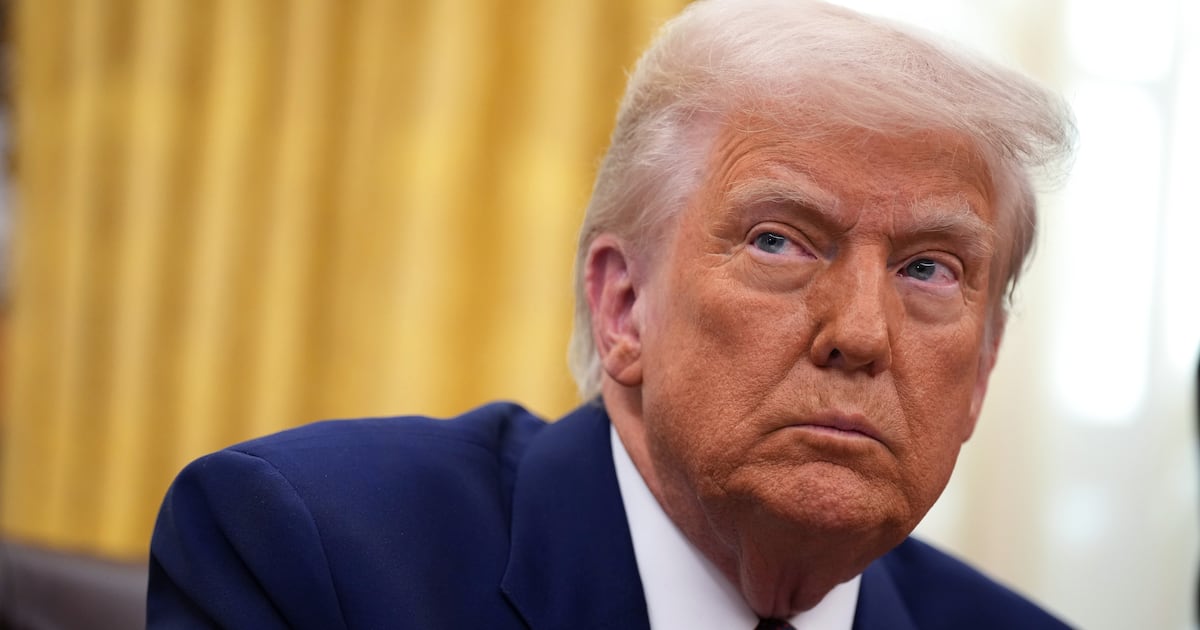During the presidential inauguration on Friday and during the “Women’s March on Washington” the following day, police body cameras will be off. Outrage!
Many activists have expressed vitriol over the blackout. “Civil rights groups are concerned that the police will violate their rights during the inauguration protests so they intend to record their behavior,” a viral post on LawOfficer.com reads. “Meanwhile, the ACLU is demanding that the police turn off their body worn cameras during the events.”
The ACLU was targeted in viral posts about this because it supported a D.C. law from 2015 that dictates police can only turn cameras on “for the purpose of documenting violations of law and police actions, as an aid to future coordination and deployment of law enforcement units, and for training purposes.”
Police cannot turn them on simply to monitor people exercising their First Amendment rights. According to the ACLU, it’s for protection of civil liberties.
“From the very beginning, the question about body cameras is: Will they actually be serving as an oversight mechanism to help reduce abuse by police officers, or are they going to become just another surveillance tool that serves the interests of law enforcement?” Jay Stanley, a senior policy analyst at the ACLU, told The Daily Beast. “One of the concerns, among other things, is these are roving government video cameras.”
Stanley explained there’s “unfortunately a long history of law enforcement doing surveillance on people just because of the views that they hold.” Black Lives Matter has expressed concerns over this in the past. Stanley and the ACLU worry that giving police detailed images of everyone who attended a protest could be dangerous.
One danger is that police can run images obtained during a peaceful protest through facial recognition software so they could identify nearly everyone who attended. Over 117 million people are in a facial recognition database that police in many states have access to. You might regret taking so many selfies and posting them online. That could mean they’d be able to accuse activists of crimes, perhaps wrongly, if anything bad happens, and they’d essentially have a list of local dissidents.
Activists simply knowing they’re constantly being filmed could have a chilling effect, Stanley believes, meaning they’d speak out less due to the knowledge they’re being watched.
“People shouldn’t have to feel like they’re under a government microscope just because they want to express First Amendment-protected free speech rights,” Stanley said.
Police are expected to use cameras when they have a run-in with members of the public. The Daily Beast spoke with D.C. Metro police, and they confirmed police officers have been instructed to turn cameras on during any kind of altercation.
“Officers outfitted with a camera will turn it on when an interaction with a member of the public is initiated—such as the arrival on the scene of a call for service or a crime, a citizen contact or stop, or any high risk incident. The camera will remain on throughout the interaction,” Metro Public Affairs Specialist Aquita Brown said in an email.
There have been numerous cases in which an officer who ends up involved in claims of excessive violence said they forgot to turn the camera on or that somehow the camera fell off during an altercation. According to Stanley, that does pose a dilemma.
“One of the things you learn about when you work on police body cameras is that there are a lot of conflicting values here,” Stanley said.
Stanley recognizes that there could be a scenario where something that should be recorded is not recorded, but you have to weigh that against protecting the privacy of activists, free speech needs, and other issues.
“You’re never going to come up with a perfect policy,” he said. Furthermore, it’s perfectly legal for citizens to film the cops in D.C. if something unfortunate occurs.
Police body cameras can be a useful tool for both keeping cops accountable and exonerating officers who have been wrongly accused of improper behavior. When and where they should record remains a difficult question for those who want accountability but also want to protect the constitutional rights of free speech and privacy.
The police cannot be held accountable when they work in the dark, but citizens are less likely to express themselves when they’re constantly being monitored.





